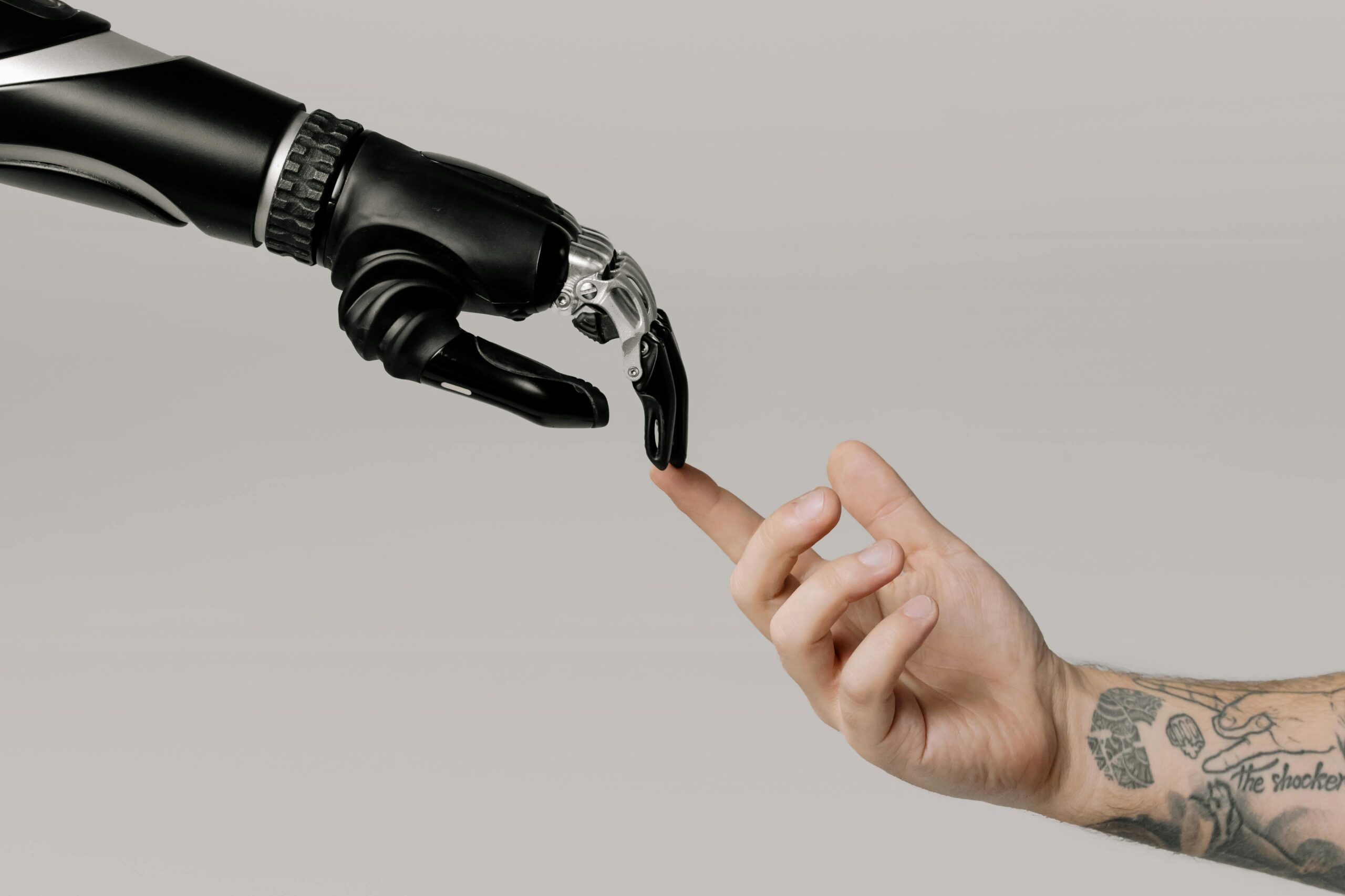As a Counsellor and Psychotherapist, I have an obvious bias when it comes to considering whether AI can provide effective support. Therefore, my view is that AI cannot be an effective replacement, but it can be of help. To get an alternative view, I consulted AI with this question and the response was –
‘AI can support mental wellness by offering 24/7 access to self-help tools, psychoeducation, and journaling prompts, acting as a bridge to professional help or providing temporary comfort. However, AI cannot replace a human counsellor because it lacks genuine empathy, the ability to understand complex human emotions, build deep therapeutic alliances, or adapt to subtle cues in a way that is transformative for healing deep-seated issues like trauma’
AI is new and it’s slowly being incorporated into our world and as individuals, we can influence where it fits with us. Anything that is new (and therefore bringing unknown future consequences) can be something to worry about and therefore to fear. Television and the internet are great examples of inventions that significantly altered our lives with many advantages but also many negatives too.
There is no replacement for 1 to 1 therapy where essential elements such as empathy, personal understanding, genuine validation and the therapeutic alliance cannot be replicated with AI. AI can be helpful in many ways though. It can offer practical ideas and it can educate us about our symptoms which can helpful to gain a greater acceptance (and feel less distressed) about them. It can provide tools, generic (impersonal) advice and resources which can all help.
More than being an inadequate replacement, in times of crisis it can be dangerous. It can give unsafe responses for suicide ideation and self-harm and fail to recognise the severity of risk. It can confound a person’s sense of isolation as they are relying on something that is not real and can misdiagnose and make clinical errors. It can’t adjust to cultural differences and it is also continually collecting information which puts into question how confidential the information that’s being shared.
Often with restrictions on accessing psychological support such as the cost of therapy or waiting times for NHS funded support, we seek alternatives. With a greater acceptance and awareness of mental health issues brings an increased ability to share with others how we’re feeling or difficulties we’re having which can be helpful. While AI can be of help, it can never replace 1 to 1 contact with a trained and experienced professional.


